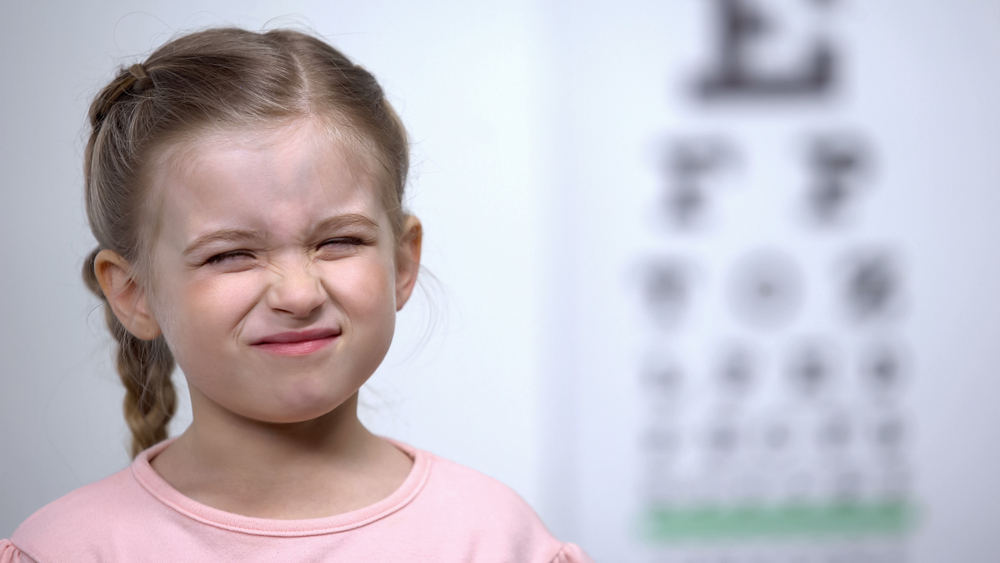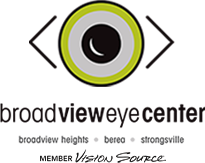
A child’s success in the classroom depends on more than just studying hard - it also depends on how well they can see. From reading assignments and solving math problems to following lessons on the board, vision plays a crucial role in how children absorb and process information. When vision problems go unnoticed, they can quietly hold a child back, leading to struggles with focus, comprehension, and confidence.
Eye Conditions That Affect Your Child’s Vision
Several common vision issues can hinder a child’s academic performance, including:
Nearsightedness (Myopia): Difficulty seeing distant objects clearly, such as the whiteboard or projector screen.
Farsightedness (Hyperopia): Trouble focusing on close-up tasks like reading and writing.
Astigmatism: Blurred or distorted vision at all distances, affecting clarity of text and images.
Amblyopia (Lazy Eye): Reduced vision in one eye that can make reading and depth perception challenging.
These issues often develop gradually and may not be obvious to parents. That’s why routine eye exams are so important - many vision problems can be corrected or managed effectively when caught early.
How Vision Affects Learning
Clear vision is essential for fundamental academic skills such as reading, writing, and focusing on lessons. When a child struggles to see the board, read a textbook, or follow along with digital learning materials, it can lead to lower comprehension, slower learning, and frustration. Over time, this may affect grades, self-confidence, and enthusiasm for learning.
Poor vision doesn’t just interfere with academics. It can also impact classroom participation, attention span, and even social development. Children who can’t see well may avoid certain activities, withdraw from group work, or become easily distracted because they are straining to keep up.
The Importance of Back-to-School Eye Exams
As the new school year approaches, a comprehensive eye exam should be on every parent’s checklist. While vision screenings at school can catch some issues, they are not a substitute for a full eye examination by an optometrist.
A pediatric eye exam helps:
Detect vision problems early: Catching issues before they impact school performance.
Ensure proper treatment: Prescribing glasses, contact lenses, or vision therapy as needed.
Promote long-term eye health: Monitoring changes in vision year over year.
When a child can see clearly and comfortably, they are more likely to stay engaged, understand lessons, and perform at their best.
Start the School Year with Sharp, Confident Vision
Your child’s vision plays a critical role in their academic journey. Undiagnosed or untreated vision problems can create unnecessary barriers to learning, affecting confidence and achievement. By making regular eye exams a priority, you’re setting your child up for success both in and out of the classroom.
Schedule your child’s comprehensive eye exam with Broad View Eye Center to help ensure a bright and successful school year ahead. Visit our office in Berea, Broadview Heights, or Strongsville, Ohio. Call (440) 526-7070 or (440) 238-7865 to book an appointment today.









